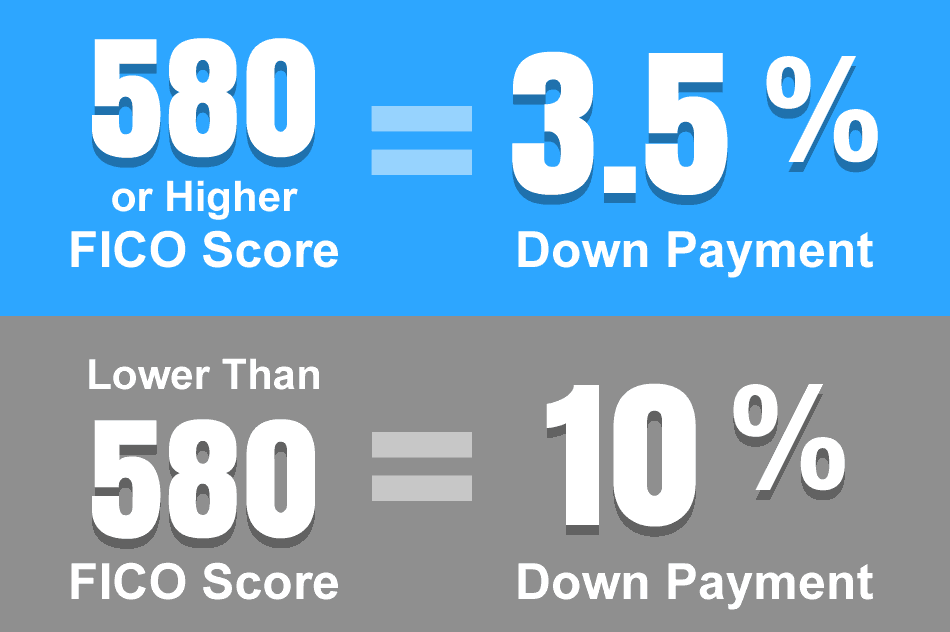FHA Home Loans: Your Overview to Reduced Deposit Home Mortgage Alternatives
FHA Home Loans: Your Overview to Reduced Deposit Home Mortgage Alternatives
Blog Article
Home Financings Demystified: A Thorough Evaluation of Lending Programs Tailored to Fit Your Financial Circumstance and Goals
Browsing the landscape of home financings frequently provides a difficult challenge, compounded by a myriad of programs created to fulfill diverse financial needs. Comprehending the distinctions between fixed-rate and adjustable-rate mortgages, as well as government-backed choices like FHA and VA lendings, is essential for making notified decisions.
Understanding Home Mortgage Basics
Although numerous individuals desire homeownership, understanding the essentials of home financings is essential to making informed financial decisions. A home mortgage, also understood as a home loan, is a monetary item that enables people to obtain cash to acquire genuine estate. The consumer is needed to repay the lending amount, in addition to passion, over a collection duration, commonly ranging from 15 to 30 years.
Trick elements of home mortgage include the principal, which is the quantity obtained, and the rate of interest, which determines the expense of borrowing. Lenders analyze various variables, such as credit debt-to-income, score, and income ratio, to figure out eligibility and funding terms. In addition, customers must be conscious of the value of down repayments, which can influence lending authorization and influence monthly settlements.
Recognizing finance amortization is also essential; this refers to the progressive reduction of the car loan equilibrium in time with regular payments. By comprehending these basic concepts, prospective house owners can browse the home loan landscape much more effectively, inevitably causing much better financial outcomes and an even more successful home-buying experience.
Sorts Of Home Loan
When exploring the landscape of home financing, comprehending the numerous sorts of home loan financings is vital for making an enlightened choice. Mortgage can mostly be classified right into fixed-rate and adjustable-rate mortgages (ARMs) Fixed-rate mortgages offer a regular rate of interest and monthly repayment over the finance's term, supplying stability, commonly for 15 to three decades. This predictability attract homeowners that prefer budgeting certainty.
Alternatively, ARMs have rate of interest that change based upon market conditions, usually starting reduced than fixed-rate alternatives. However, these prices can readjust occasionally, potentially increasing regular monthly repayments in time. Consumers that anticipate moving or re-financing before substantial rate modifications may discover ARMs helpful.
Furthermore, government-backed car loans, such as FHA, VA, and USDA car loans, deal with specific demographics and offer various advantages like reduced deposits and adaptable credit history demands. Standard finances, not insured by the government, often need higher credit history yet can give competitive prices for solvent borrowers - FHA home loans. Understanding these car loan types enables possible home owners to choose the home loan that lines up best with their monetary scenario and long-term goals
Secret Eligibility Demands
Navigating the qualification needs for a home mortgage finance is an essential step in the home-buying procedure. Understanding these needs can substantially enhance your application and boost your chances of approval.
The main variables affecting qualification consist of credit rating, earnings stability, debt-to-income (DTI) ratio, work history, and down repayment amount. Most lending institutions require a minimum credit history of 620 for standard lendings, while government-backed car loans might have much more lax criteria. A stable earnings, demonstrated with consistent employment or self-employment records, is crucial for loan providers to examine your capability to settle the financing.
The DTI ratio, which compares your monthly debt settlements to your gross monthly income, typically ought to not go beyond 43%, though some loan providers might permit greater ratios in particular circumstances. In addition, the size of your deposit can influence eligibility; while a larger deposit might improve your chances, particular programs provide options for marginal deposits.
Lastly, lenders will assess your overall financial profile, consisting of offered properties and liabilities, to guarantee you are economically efficient in preserving homeownership. Familiarizing on your own with these essential eligibility requirements will certainly empower you in the home mortgage application trip.

Rates Of Interest Clarified
Understanding the ins and outs of rates of interest is fundamental to making notified choices in the home mortgage procedure. Rates of interest stand for the price of borrowing money and are shared as a percent of the funding quantity. They can considerably affect your regular monthly mortgage repayments and the total cost of your mortgage.
Rate of interest can be categorized into dealt with and like this adjustable rates. Fixed rates stay continuous throughout the lending term, offering predictability in regular monthly repayments. Conversely, adjustable rates rise and fall based upon market problems, which can lead to lower preliminary settlements however may raise gradually.
Several elements influence rates of interest, consisting of the consumer's credit report, financing term, and dominating financial conditions. Lenders evaluate these variables to establish the threat related to lending to a specific debtor. Normally, a greater credit history can lead to lower rate of interest, while longer financing terms may lead to greater rates.
Furthermore, more comprehensive economic indicators, such as inflation and monetary plan, play a critical function in shaping interest prices. Understanding these aspects enables debtors to far better navigate the financing landscape and select alternatives that straighten with their financial objectives.
Picking the Right Finance Program
Choosing the ideal car loan program is essential for debtors aiming to optimize their financing choices. With different car loan types offered, including fixed-rate, adjustable-rate, FHA, and VA fundings, comprehending the subtleties of each can considerably affect lasting monetary wellness.
Consumers should first analyze their monetary circumstance, including credit history ratings, revenue stability, and debt-to-income proportions (FHA home loans). A fixed-rate home mortgage supplies predictability with regular regular monthly repayments, suitable for those intending to remain in their homes long-lasting. On the other hand, adjustable-rate mortgages might give lower preliminary prices, appealing to customers who anticipate relocating within a few years
Additionally, government-backed lendings such as FHA and VA alternatives can be advantageous for first-time buyers or experts, as they commonly call for reduced down repayments and have a lot more lax credit score requirements.

Verdict
In verdict, navigating the complexities of home car loans requires a detailed understanding of numerous home loan programs and their distinct functions. By evaluating private monetary scenarios and objectives, potential borrowers can make enlightened choices regarding the most appropriate funding alternatives.
Fixed-rate mortgages offer a regular rate of interest rate and monthly settlement over the funding's term, providing stability, commonly for 15 to 30 years.Furthermore, government-backed fundings, such as FHA, official source VA, and USDA car loans, cater to specific demographics and offer different advantages like lower down repayments and versatile credit scores needs. A lot of lending institutions need a minimal debt score of 620 for traditional loans, while government-backed loans might have extra forgiving criteria. Fixed rates continue to be consistent throughout the car loan term, giving predictability in regular monthly payments. Typically, a greater credit history score can lead to lower interest rates, while longer finance terms may result in higher prices.
Report this page